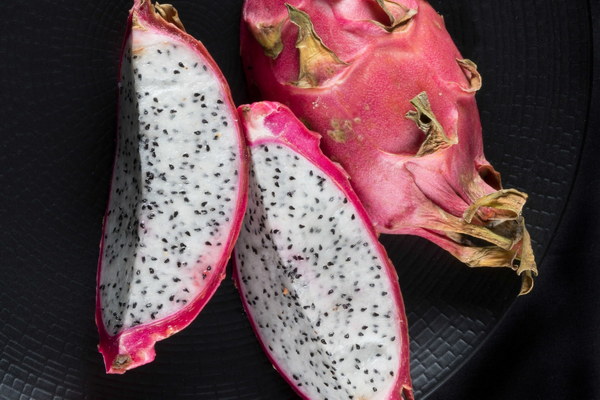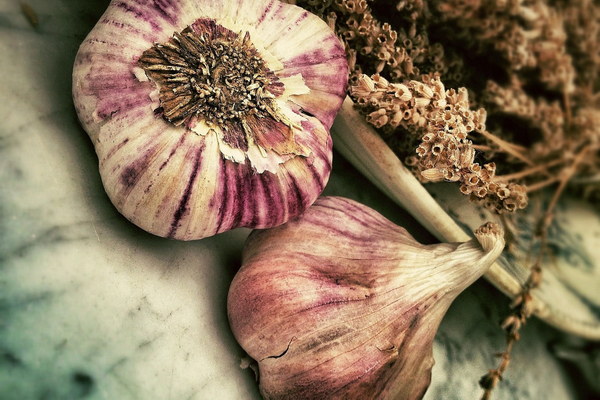Nature's Remedies Top Wild Vegetables to Cool Your Lungs and Alleviate Heat in the Lungs
In the hustle and bustle of modern life, we often overlook the healing power of nature. Traditional Chinese medicine has long recognized the benefits of certain wild vegetables in alleviating heat in the lungs. These natural remedies not only provide a refreshing taste but also offer a myriad of health benefits. Let's delve into the world of wild vegetables that can help you cool your lungs and alleviate heat.
1. Dandelion (Taraxacum mongolicum)
Dandelion is a well-known herbal remedy that has been used for centuries. Its roots, leaves, and flowers possess cooling properties that help in clearing heat in the lungs. Rich in vitamins A, C, and K, dandelion can be consumed in various forms, such as salads, teas, or as a decoction.
2. Purslane (Portulaca oleracea)
Purslane is a nutritious wild vegetable that is abundant in summer. It has a unique, refreshing taste and is an excellent source of omega-3 fatty acids. Purslane can be added to soups, salads, or sandwiches, and its cooling properties make it an ideal food for clearing lung heat.
3. Knotweed (Polygonum cuspidatum)
Knotweed is a herb that has been used in Chinese medicine for its cooling effects on the lungs. It is rich in resveratrol, a compound that has anti-inflammatory properties. Knotweed can be consumed as a decoction or added to soups and stews.

4. Sow Thistle (Sonchus oleraceus)
Sow thistle is another wild vegetable that is beneficial for cooling the lungs and alleviating heat. It is rich in vitamins A, C, and K, and can be consumed in various forms, such as salads, soups, or as a tea.
5. Stinging Nettle (Urtica dioica)
Stinging nettle is a versatile wild plant that has both cooling and detoxifying properties. Its leaves can be consumed after being cooked, as they lose their sting. Stinging nettle can be added to soups, stews, or made into a nutritious tea.
6. Nettle Leaf (Urtica dioica)
Nettle leaf is another excellent herbal remedy for clearing lung heat. It contains a wealth of nutrients, including vitamins A, C, and K, and can be consumed as a tea or added to smoothies.
7. Mulberry Leaf (Morus alba)
Mulberry leaves are known for their cooling effects on the lungs. They can be brewed into a tea or added to soups and stews. Mulberry leaves are also rich in antioxidants, which can help combat inflammation and promote overall health.
How to Incorporate These Wild Vegetables into Your Diet
1. Forage and Identify: Learn how to safely forage for these wild vegetables in your local area. Always ensure you are identifying the plants correctly to avoid any potential risks.
2. Prepare and Cook: Once you have gathered these wild vegetables, prepare them by washing, chopping, and cooking them according to your preference. Some can be consumed raw, while others require cooking.
3. Experiment with Recipes: Get creative and experiment with different recipes that incorporate these wild vegetables. Soups, salads, smoothies, and teas are just a few ideas to start with.
4. Consult a Healthcare Professional: Before incorporating any new dietary changes, it is essential to consult with a healthcare professional, especially if you have any pre-existing health conditions.
In conclusion, nature has provided us with a plethora of wild vegetables that can help us cool our lungs and alleviate heat. By incorporating these natural remedies into our diet, we can enjoy not only their health benefits but also their delicious flavors. Embrace the healing power of wild vegetables and take a step towards a healthier lifestyle.









